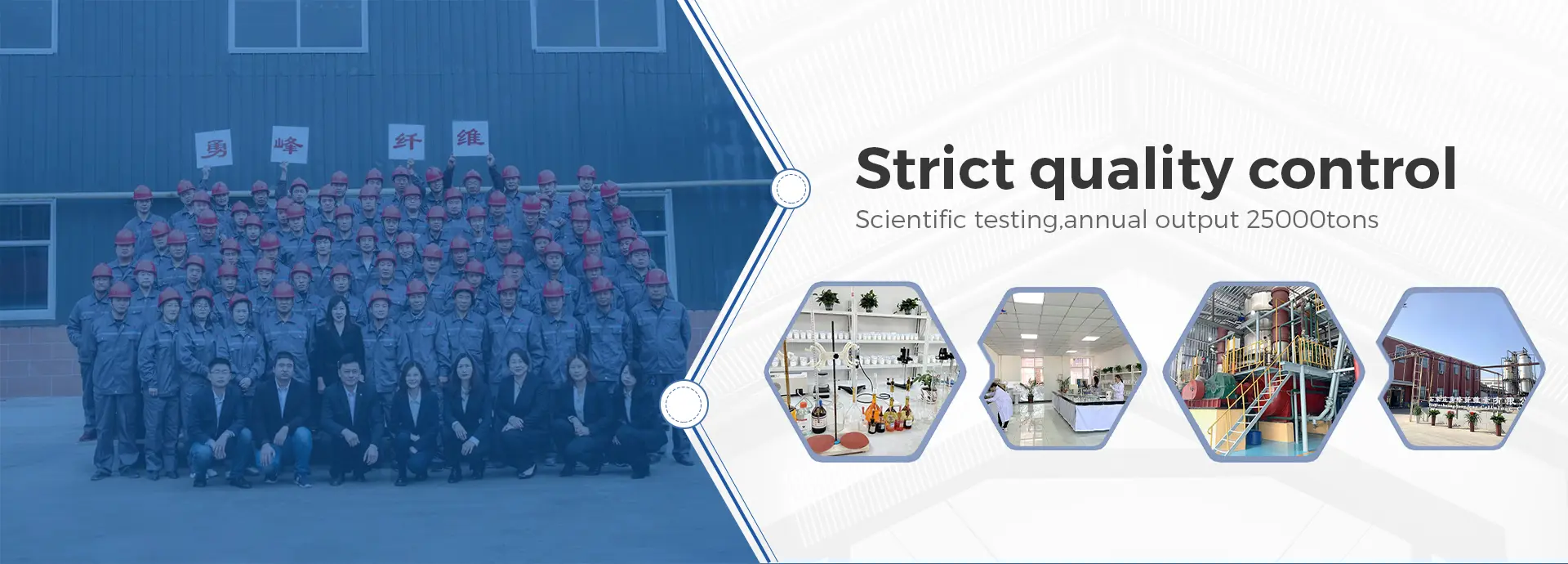Tylose The Versatile Polymer in Food and Industry
Tylose, a brand name for a range of methylcellulose and hydroxypropyl methylcellulose (HPMC) products, serves as a versatile compound with applications spanning from food production to pharmaceuticals and construction. This cellulose derivative, derived from natural cellulose, exemplifies how biopolymers can be modified to enhance their properties and functionality, making them valuable in various industries.
One of Tylose's primary applications is in the food industry. It acts as a thickening agent, emulsifier, and stabilizer in a variety of food products. For instance, it is commonly used in bakery products to improve dough handling and texture while retaining moisture. The addition of Tylose helps create a desirable structure and mouthfeel in items like bread and cakes. Its ability to retain water prevents the common problem of staleness, allowing baked goods to remain fresh for longer periods. Additionally, Tylose is beneficial in gluten-free products, where it contributes to achieving a texture similar to that of traditional wheat-based products.
Tylose The Versatile Polymer in Food and Industry
Beyond the food industry, Tylose’s utility extends to pharmaceuticals. In this sector, it is often utilized as a binding agent in tablet formulations and as a thickeners in liquid medications. Its non-toxic and biocompatible nature makes it suitable for use in various pharmaceutical applications. Furthermore, Tylose can be used to control the release of active ingredients in drug formulations, which is essential for developing sustained-release medications that improve patient compliance.
tylose

The construction industry also benefits from the properties of Tylose. It is used in tile adhesives and mortars, where it enhances workability and adhesion. By improving the rheological properties of construction mixtures, Tylose ensures that materials can be easily applied and manipulated, while also providing enhanced strength and durability. This versatility makes it a valuable additive in modern construction materials, contributing to the efficiency and effectiveness of various building applications.
In environmental applications, Tylose has been explored for its potential in creating biodegradable products. As consumers become more environmentally conscious, the demand for sustainable materials has increased. Tylose, being derived from natural cellulose, represents an opportunity for industries to reduce their carbon footprint while still achieving the desired product performance.
The production of Tylose not only emphasizes its utility but also reflects advancements in technology and manufacturing processes. As a refined cellulose compound, it underscores the importance of continuous innovation in the development of functional ingredients that cater to specific needs across diverse sectors. The growing interest in natural and sustainable products further enhances Tylose's appeal, as more companies seek to align with eco-friendly practices.
In conclusion, Tylose is a remarkable polymer with a broad array of applications that showcase its versatility and functional benefits. From enhancing food products to contributing to pharmaceutical formulations and construction materials, the relevance of Tylose cannot be overstated. Its role in supporting both industry demands and consumer preferences places it among the vital ingredients of modern applications, aligning with the sustainability goals of the future. As research continues to explore new possibilities for Tylose, its significance across multiple domains is set to expand, making it an essential player in the quest for innovation and efficiency.
-
Premium Detergent Grade HPMC Hydroxypropyl Methylcellulose: Superior Thickening & StabilityNewsAug.31,2025
-
HEC 100000 Hydroxyethylcellulose for Paint | Superior ThickeningNewsAug.30,2025
-
Wall Putty Rdp Powder Packaging DesignNewsAug.29,2025
-
Introduction to Hpmc Hydroxypropyl Methyl CellulosNewsAug.29,2025
-
Hpmc Industri Grade IntegrationNewsAug.29,2025
-
How to Choose the Right Construction AdhesiveNewsAug.29,2025




